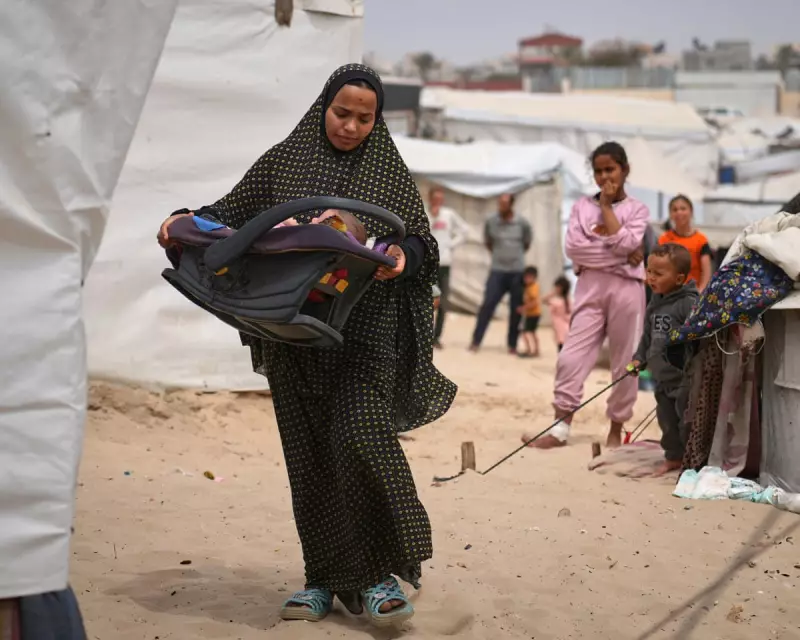
In a powerful and deeply personal address, former New Zealand Prime Minister Jacinda Ardern has issued a stark condemnation of the global state of maternal healthcare, framing the preventable deaths of women in childbirth as nothing short of a 'hidden genocide'.
Speaking with the authority of a world leader and the raw honesty of a mother, Ardern pulled no punches in her assessment of a system that is failing women on a catastrophic scale. Her speech transcended political lines, targeting a universal and urgent crisis.
The Shocking Statistics of a Silent Crisis
Ardern’s argument is underpinned by horrifying data. She highlighted that a woman dies during pregnancy or childbirth every two minutes somewhere in the world. For every life lost, an estimated 20 more women suffer life-altering injuries or disabilities.
These aren't just numbers; they represent a profound and systemic devaluation of women's lives and health, often in communities where their voices are silenced.
Beyond the Battlefield: The Real War on Women
The former PM masterfully reframed the concept of war, arguing that the most pervasive violence against women isn't always in conflict zones. It's in the maternity wards and healthcare systems that are starved of funding, resources, and political attention.
'We rally when we see tanks roll across borders... but we have normalised the war on women’s bodies,' she asserted, challenging global leaders and societies to shift their perspective and see maternal health as the fundamental human rights issue it is.
A Personal Glimpse into the Motherhood Journey
Ardern’s credibility on the issue is unique. As one of the only world leaders to have given birth while in office, she spoke from firsthand experience about the juxtaposition of professional support and the vulnerabilities of new motherhood.
This personal narrative lent a devastating weight to her words, illustrating that even with privilege, the journey is fraught with challenges—challenges that become insurmountable barriers for millions of women without access to basic care.
A Call to Arms for Global Action
Her speech was not merely an observation but a direct call to action. Ardern demanded that maternal health be moved from the periphery of political agendas to its very core.
She called for:
- Increased and targeted funding for maternal healthcare services worldwide.
- Political courage to prioritise policies that protect women before, during, and after birth.
- A global end to the 'normalisation of neglect' that surrounds women's health issues.
This is a battle that requires dismantling deep-seated stigma and investing in the health of half the world's population. For Ardern, it's the defining moral challenge of our generation—and one we cannot afford to ignore.





